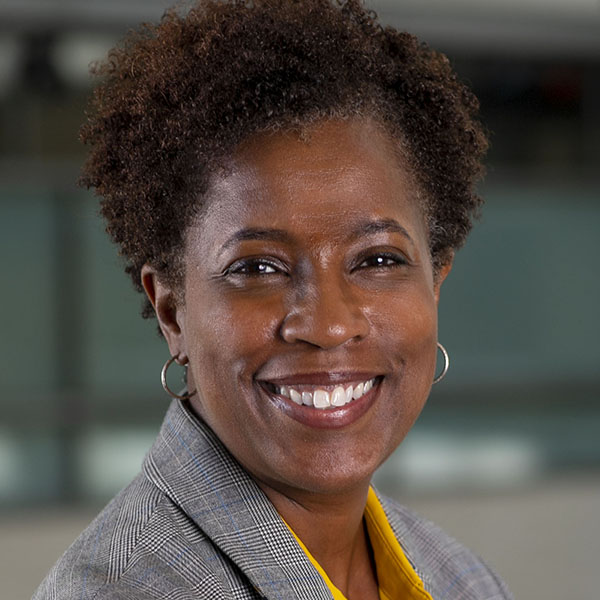The questions include:
- Can economic growth be encouraged in an equitable way that provides opportunities for a broad range of residents and communities?
- Will historically underserved communities continue to be disconnected from the resources needed to achieve greater prosperity?
- How can equitable growth strategies best be integrated into regional economic development plans in a way that benefits low- and moderate-income people and places?
From May 12–14, 2014, the Federal Reserve Bank of Philadelphia and its cosponsors hosted more than 460 participants at the biennial Reinventing Older Communities conference to discuss these very questions. Attendees from 25 states and the District of Columbia traveled to Philadelphia to engage with thought leaders on the topics of equitable development and intergenerational mobility. The conference was designed to encourage discussion of how these issues impact older industrial communities and, more important, identify the resources that are needed to transform these communities in the future.
This issue of Cascade contains some highlights from the conference, with a specific focus on some of the key themes. Articles that delve into the topics of intergenerational mobility and equitable growth include discussions that examine strategies to achieve and measure equity. “Mapping Our Community” illustrates intergenerational mobility across the Third District. Other articles highlight the role of community development corporations, the future of housing, and community development strategies focusing on people and places.
We are extraordinarily grateful to our 11 conference cosponsors and 68 conference supporters who helped to make the 2014 Reinventing Older Communities: Bridging Growth & Opportunity conference successful. We’re particularly excited to work with several partners to continue our efforts in our District. Over the next year, the Philadelphia Fed will collaborate with the Cleveland Fed and the Fund for Our Economic Future to identify District partners who are interested in pursuing inclusive development strategies.

